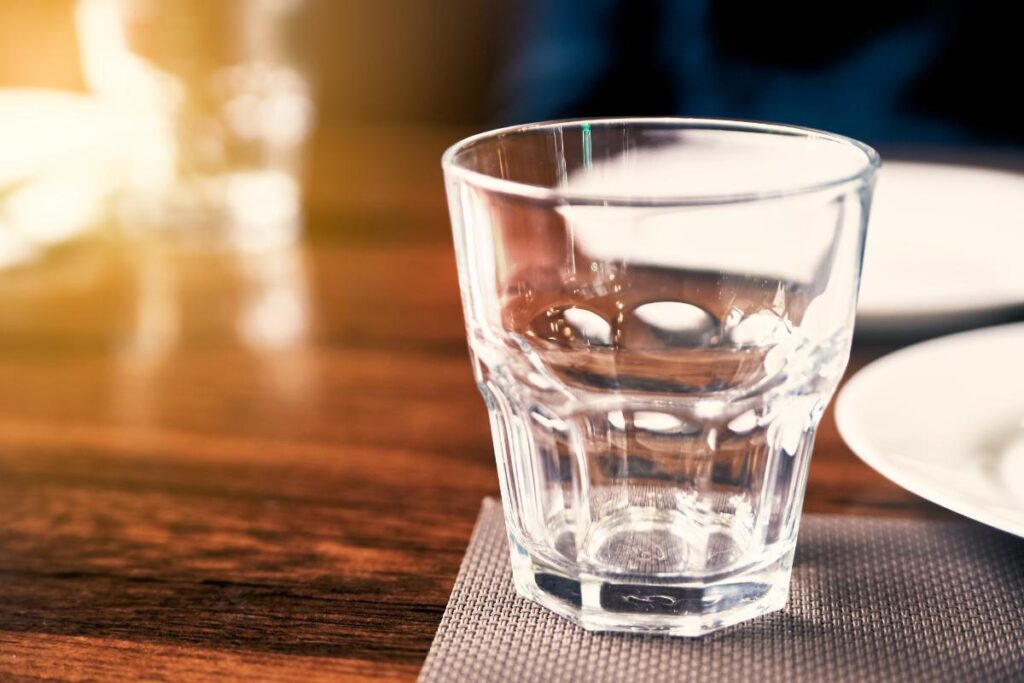No one wants to admit to being a binge drinker. It sounds terrible and like a really bad idea. Binging on anything is unhealthy. Yet, the scary truth is that a lot of adults and underage people do binge drink, and they do it on a regular basis. Often alcohol and peer pressure combined lead someone to binge drink, but most often it’s easy to lose control and drink too much without any help from friends. If you drink, be aware of what it means to binge drink and how it can harm you to drink too much in one sitting. If you need an alcohol addiction treatment program or facts about binge drinking, contact our addiction treatment centers today at 844.875.5609.
What Is Binge Drinking and Who Does it?
Binge drinking by its simplest definition is getting drunk. If you drank enough that your blood alcohol content is at the legal driving limit of 0.08, you just binged. For a typical woman, this is achieved by having four or more drinks within a two hour period. For most men, it takes five or more drinks. More than half of all the alcohol consumed in the U.S. is drunk in this way. For underage drinkers, the statistic is even more troubling. A shocking 90% of alcohol consumed by this age group is in the form of binging.
According to statistics, one out of six adults binge drinks at least four times each month. Not only that, but their typical binge includes eight or more drinks. Men are more likely to binge drink than women, and this drinking pattern is more common in people in higher income brackets. Binge drinking help is possible, and important because this kind of drinking is harmful and dangerous.
How Is Binge Drinking Harmful?
People who binge drink are much more likely to drive impaired and to have accidents, either with a car or by some other means. Assault and domestic violence are more likely to be experienced or perpetrated by binge drinkers. Binge drinking increases your risk of having an unplanned pregnancy and for contracting a sexually transmitted disease.
Binge drinking can have these immediate consequences, but it also causes damage in the long-term. If you are a regular binge drinker, you put yourself at risk for liver disease, heart disease, neurological damage, sexual dysfunction, a stroke, and complications of diabetes.
Are Binge Drinkers Alcoholics?
The good news is that most binge drinkers are not alcoholics. If you have been binge drinking, you can turn things around, but if you don’t, you put yourself at risk for becoming an alcoholic. Binge drinking treatment is not as intensive as a treatment for addiction and you may not even need it if you can learn to moderate your drinking on your own.
The most important thing is that you cut back on drinking, no matter how you make that happen. Enlist friends and family to support your choice to drink less. Go out to the bar or to parties where people drink heavily less often. Set goals and stick to them, but if you find you can’t, professionals are waiting and ready to help guide you.
Contact Promises Behavioral Health For Alcohol Addiction Treatment
At Promises Behavioral Health, we’re proud to provide a range of alcohol addiction treatment programs. We use a variety of holistic and evidence-based therapy options to give you the best possible chance for recovery. Your treatment options include:
- Individual therapy: This is a one-on-one meeting with a therapist. You’ll work together to identify the root causes of your addiction and develop coping mechanisms.
- Group therapy: This is a chance to share your experiences with other people who are going through similar challenges. You’ll be able to learn from each other and develop a support system.
- Cognitive-behavioral therapy: This type of therapy is designed to help you change the way you think about alcohol. You’ll learn how to cope with triggers and cravings, and develop healthy coping mechanisms.
- Dialectical behavior therapy: Designed to help you understand and manage your emotions. You’ll learn how to deal with difficult situations without turning to alcohol.
- Art therapy: This is a chance to express yourself through art. You’ll be able to explore your emotions and experiences in a safe and creative environment.
- Yoga therapy: Here, you have a chance to use yoga and meditation to help you relax and focus. You’ll learn how to use your breath to control your thoughts and emotions.
With our alcohol addiction treatment programs, you can put an end to your addiction. To learn more about our treatment options, contact Promises Behavioral Health at 844.875.5609.

